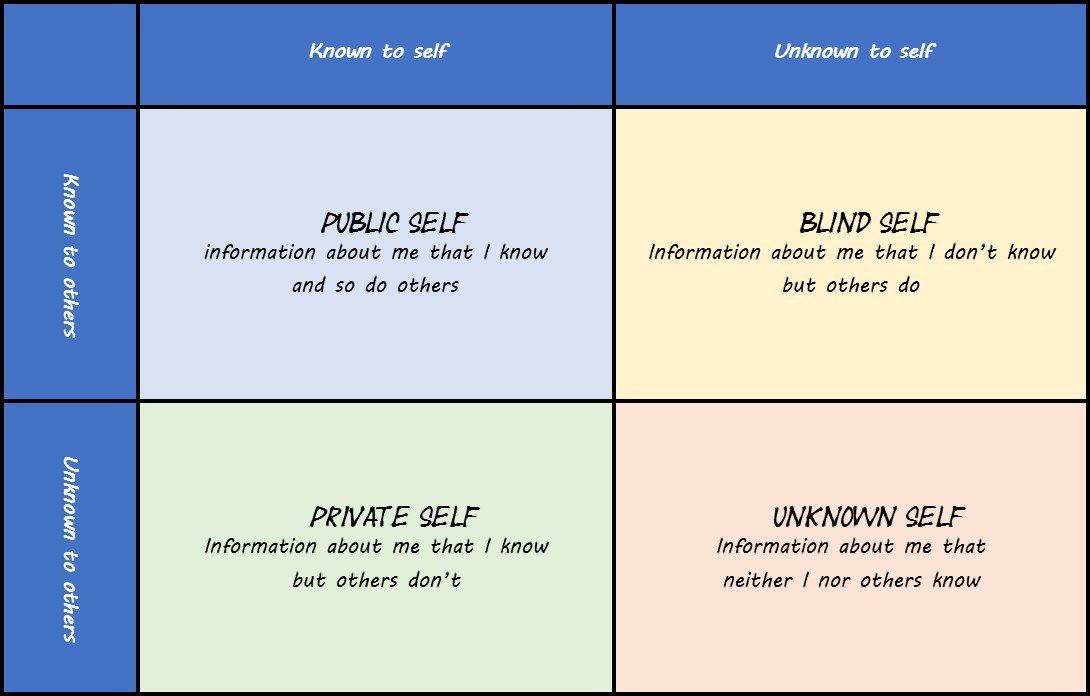In Never Eat Alone And Other Secrets to Success, One Relationship at a Time, American author and entrepreneur Keith Ferrazzi discusses the power of relationships and how networking is the key to thriving in the digital age. As Ferrazzi notes in the introduction of the book:
Your network is your destiny, a reality backed up by many studies in the newly emergent fields of social networking and social contagion theory. We are the people we interact with. Our paychecks, our moods, the health of our hearts, and the size of our bellies—all of these things are determined by whom we choose to interact with and how.
Everything in the universe only exists because it is in relationship to everything else. Nothing exists in isolation. We have to stop pretending we are individuals that can go it alone. —Margaret Wheatley
The Power of Relationships in Life and Business
People who instinctively establish a strong network of relationships have always created great businesses. If you strip business down to its basics, it’s still about people selling things to other people. That idea can get lost in the tremendous hubbub the business world perpetually stirs up around everything from brands and technology to design and price considerations in an endless search for the ultimate competitive advantage. But ask accomplished CEOs or entrepreneurs or professionals how they achieved their success, and I guarantee you’ll hear very little business jargon. What you will mostly hear about are the people who helped pave their way, if they are being honest and are not too caught up in their own success.
Success in any field, but especially in business, is about working with people, not against them. No tabulation of dollars and cents can account for one immutable fact: Business is a human enterprise, driven and determined by people.
Be of Service
A network functions precisely because there’s recognition of mutual need. There’s an implicit understanding that investing time and energy in building personal relationships with the right people will pay dividends. The majority of “one percenters” are in that top stratum because they understand this dynamic—because, in fact, they themselves used the power of their network of contacts and friends to arrive at their present station. The more people you help, the more help you’ll have and the more help you’ll have helping others. It’s the same phenomenon that you see propelling the success of the top social networking sites. The more people who have access, and use it, the more valuable the network becomes.
Connecting is a constant process of giving and receiving—of asking for and offering help. By putting people in contact with one another, by giving your time and expertise and sharing them freely, the pie gets bigger for everyone.
Power of Trust
Relationships are solidified by trust. Institutions are built on it. You gain trust by asking not what people can do for you, to paraphrase an earlier Kennedy, but what you can do for others. In other words, the currency of real networking is not greed but generosity.
The currency of real networking is not greed but generosity.
Experience will not save you in hard times, nor will hard work or talent. If you need a job, money, advice, help, hope, or a means to make a sale, there’s only one surefire, fail-safe place to find it – within your extended circle of friends and associates.
It’s better to give before you receive. And never keep score. If your interactions are ruled by generosity, your rewards will follow suit.
Human ambitions are like Japanese carp; they grow proportional to the size of their environment. Our achievements grow according to the size of our dreams and the degree to which we are in touch with our mission.
Human ambitions are like Japanese carp; they grow proportional to the size of their environment.
Relationship Action Plan.
Connecting with others really just involves having a predetermined plan and carrying it out, whether you want to be a ninth-grade history teacher or start your own business. Your goals must be in writing. Have the conviction to put your intentions to paper. An unwritten wish is just a dream. In writing, it’s a commitment, a goal.
Find a role model.
We’re predisposed to seek out people like us—shy people tend to congregate with other shy people, and outgoing people congregate with outgoing people—because they unconsciously affirm our own behaviors. But everyone knows that one person within their group of friends and associates who seems to engage others with little or no fear. If you’re not yet ready to take the big leap of addressing new people on your own, let these people help you and show you the way. Take them with you, when appropriate, to social outings and observe their behaviors. Pay attention to their actions. Over time, you’ll adopt some of their techniques. Slowly, you’ll build up the courage to reach out by yourself.
Share Your Passions
When it comes to meeting people, it’s not only whom you get to know but also how and where you get to know them.
Friendship is created out of the quality of time spent between two people, not the quantity. There is a misconception that to build a bond, two people need to spend a great deal of time together. This is not the case. Outside your family and work, you probably can count the people you see a great deal of in the course of a month on two hands. Yet surely, you have more than ten friends. It is what you do together that matters, not how often you meet. That’s why you have to pay special attention to where you’re most comfortable and what activities you most enjoy.
Charm is simply a matter of being yourself. Your uniqueness is your power.

Adjust Your Johari Window
The Johari Window is a model, invented by two American psychologists, that provides insight into how much people reveal of themselves. Some people are introverted, revealing little; they keep their window relatively closed. Other people are extroverted, revealing a great deal and keeping their windows open. These tendencies also fluctuate in different environments. In new and strange situations, with people we are unfamiliar with, our window remains small; we reveal little and expect others to do the same. If, on the other hand, the climate is safe and trusting, with others that are similar to us, we share more of ourselves. Our windows open wider. Successful communication depends, according to the model, on the degree to which we can align ourselves and our windows to match those we interact with.
All the best in your quest to get better. Don’t Settle: Live with passion.



Comments are closed.